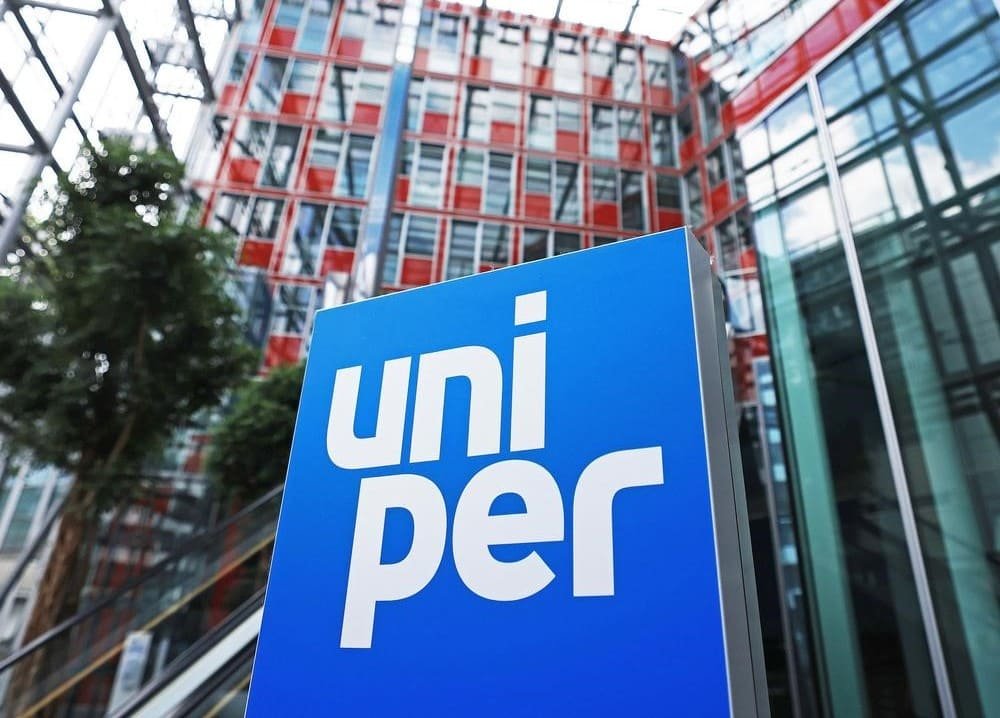Report by Kamgar Ekta Committee (KEC) correspondent

“Privatise the profits and nationalize the losses!” This is the mantra of governments in all capitalist countries. There have been innumerable examples of such actions by the successive governments in India, US and in countries all over the world. When big capitalists and monopolists suck a company dry, governments step in with (people’s) money to rescue or buy out the company. At the same time, when a company built with public money becomes profitable or potentially profitable, various excuses are trotted out to fool the gullible in order to privatize it.
One of the recent examples is that of Uniper, one of the largest natural gas distribution companies in Germany. Natural gas is used for power generation, industrial uses as well as for heating houses during winter. Russia has been the major supplier of natural gas to Germany and other countries of Europe.
The price of natural gas has increased manifold during the last few months due to war in Ukraine. This has resulted in big losses for gas distribution companies.
Uniper is responsible for providing more than a third of the country’s natural gas and supplies about 40 percent of all gas used in Germany. Due to the prevailing energy crisis, it is reported that the company registered a loss of €12 billion in the first half of the year. Since Russia halted all gas deliveries through the Nord Stream 1 pipeline in early September, the company’s losses have increased further. The German government announced its plan to buy out shares of Uniper to rescue the company.
In July the German government announced extended large loans and a series of relief measures as part of a bailout package for the company. It had also announced acquiring 30 percent stake in Uniper along with a €15 billion rescue package. Recently, it announced that it would increase the shareholding in the company by buying out its 56% stake with the Finland’s Fortum for a further €500 million. Along with this the German government has also agreed to infuse an additional capital of €8 billion in the company, under the name of “bridge financing as required to Uniper,” through a €13 billion loan from the state-owned KfW Bank. As a result of all this, the German government will now take ownership of 99 percent of the company.
Uniper is the second energy provider within a week that the German government has stepped in to save, and the third company linked to fuel imports from Russia.
These bail outs expose the true nature of the governments that were promoting a free-market approach to the electricity and natural gas industries for decades so that the companies could grow bigger and make huge profits. The same governments across Europe are now reversing their policies to help the capitalists recover from losses due to increasing energy prices.
The classic justification to spend people’s money on bailing out these companies has started making rounds in the statements of many officials saying that these companies are “Too big to fail”. Such bailouts also mean reduced public expenditure by the government. The cost of saving the corporate giants will be shifted onto the people’s shoulder in terms of increased energy prices and taxes. People in different parts of Europe are already protesting against the huge hike in energy prices over the last few months.
We see multiple examples of how time and again governments step in to bail out loss making companies by providing them with necessary capital and relief measures, and then hand them over back to the capitalists once the market gets stable. An example of this was seen in 2020, when the German government bought 20% shares in Lufthansa to help the airline survive an “existential emergency” caused by the pandemic which led to substantial reduction in passenger air traffic. Now that the airline companies have recovered from the losses and have stabilized in terms of their operations, the government recently sold off its block of shares back. The German finance minister said that the deal with Lufthansa served as an example of what the government hoped to achieve with Uniper. The plan is to save the company with government intervention from the threat to its existence but to get out when the markets, and the company, returned to a normal situation.
This is a regular method adopted by all the government across the globe, which guarantees profits to the capitalists under all circumstances.
A Senior Fellow at the Center for Strategic and International Studies said he did not expect the bailout to be the last of its kind but could just be the start of nationalizations across the continent. “This is part of the bigger trend that we’re going to see really heavy state intervention into energy markets,” he said. “In some cases, it’s bailing out politically sensitive or economically vital companies like Uniper, and others it’s redesigning markets, price caps, interventions and to a capacity prices. So this is not the end.”
Time and again we have seen that both nationalization and privatization are carried at the instance of and for the benefit of big corporates and their capitalist owners. We should not get fooled by the government claim that they are done for the benefit of people.
